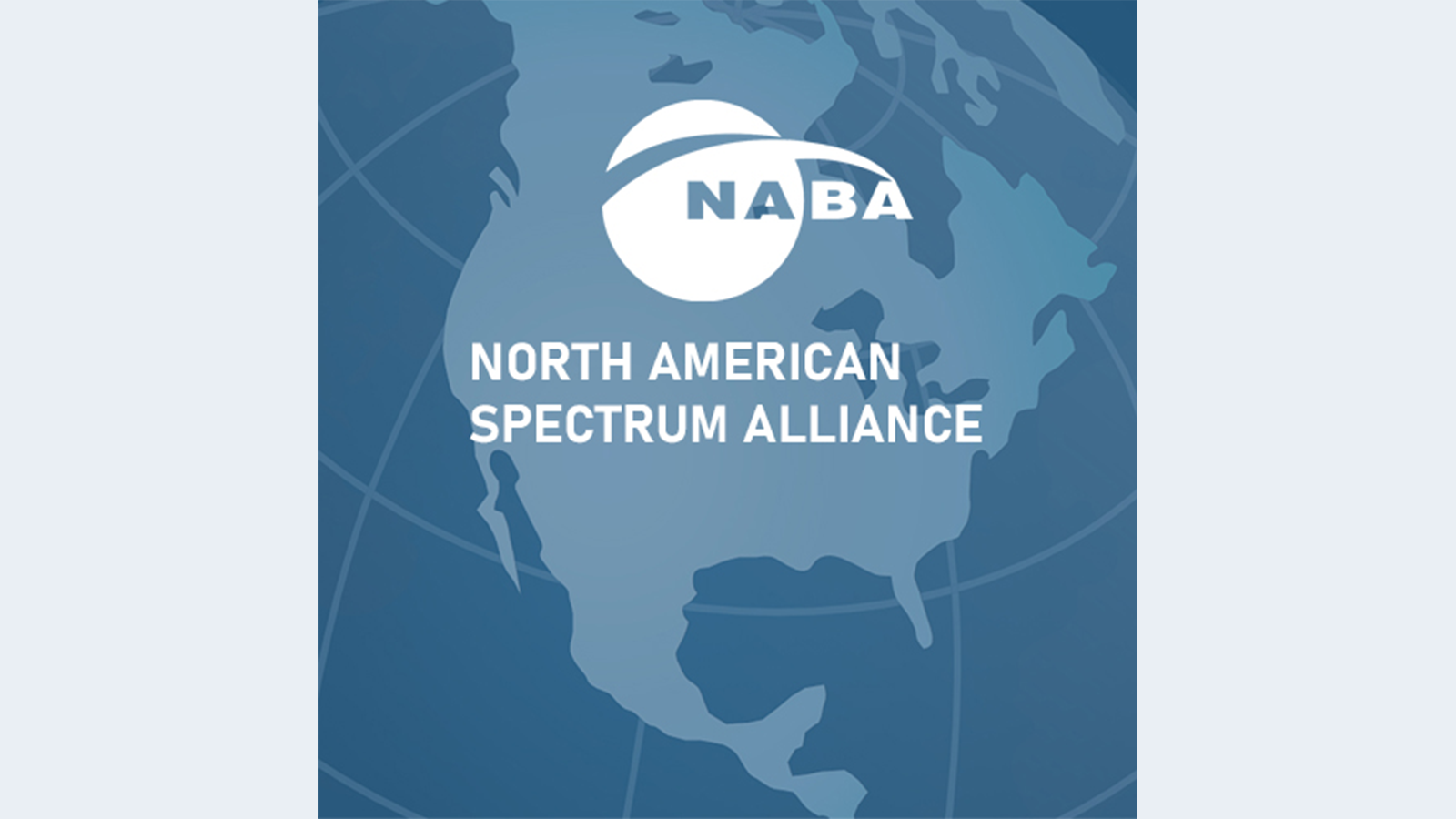Commission vows to protect GPS

The FCC vowed last week to protect GPS technology over the business interests of a company called LightSquared, based in Reston, VA.
The FCC’s chairman Julius Genachowski said the commission is not going to let LightSquared’s proposed hybrid satellite/terrestrial broadband wireless service interfere with the functioning of GPS technology. After he made his comments to the media, FCC officials said more testing of a modified LightSquared proposal is necessary to address interference issues.
LightSquared’s business model relies on supplying third-party companies with wholesale access to its high-speed wireless network. It operates on a portion of the wireless spectrum that causes interference to GPS.
That interference prevents the estimated 500 million GPS-enabled devices and services — like airplane tracking, clock synchronization, weather forecasting, emergency communications and others — from working properly.
No timetable was given for the new tests or for when the FCC would make a final decision on the issue. LightSquared’s launch is now on hold until the commission resolves interference issues.
Genachowski said the FCC’s goal is to protect both GPS technology and to promote a service that will widen broadband usage and lead to job creation and billions of dollars in private investment.
To attempt to resolve GPS interference issues, LightSquared has submitted a modified proposal that — at least for the moment — would only use spectrum further away from the GPS allocation.
Get the TV Tech Newsletter
The professional video industry's #1 source for news, trends and product and tech information. Sign up below.
However, the FCC is looking for a resolution that will not require that large swaths of spectrum go unused as a “guard band” between LightSquared’s use and GPS. Any underutilized portion of the wireless spectrum is unacceptable.
Both President Obama and the country’s four major wireless carriers have stated several times that additional portions of the wireless spectrum are necessary for fueling faster internet speeds, economic growth and innovation.
While Genachowski would like to promote a service that could reach virtually the entire country and be priced at a low cost, the FCC’s staff agreed with his assertion that the interference issue is paramount. The staff members said they want to move as quickly as they can to resolve the issues.
Comments on the issue are due on Aug. 15.
